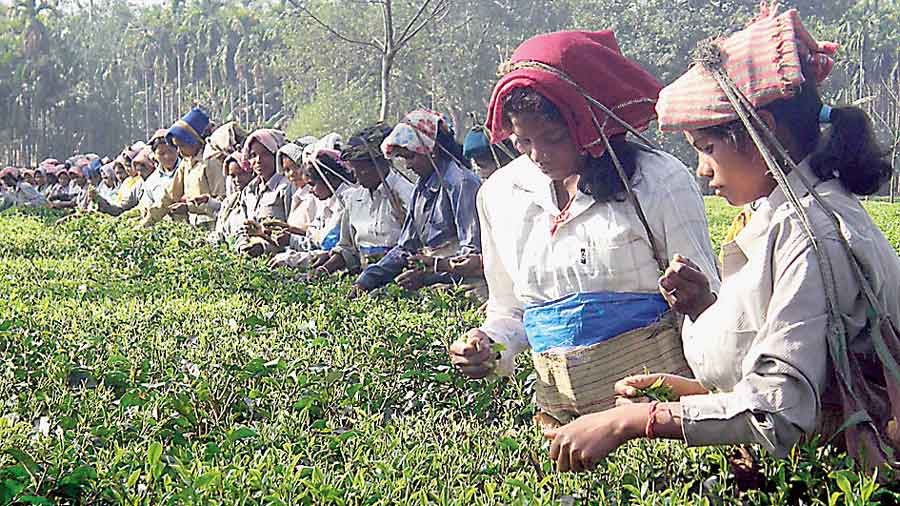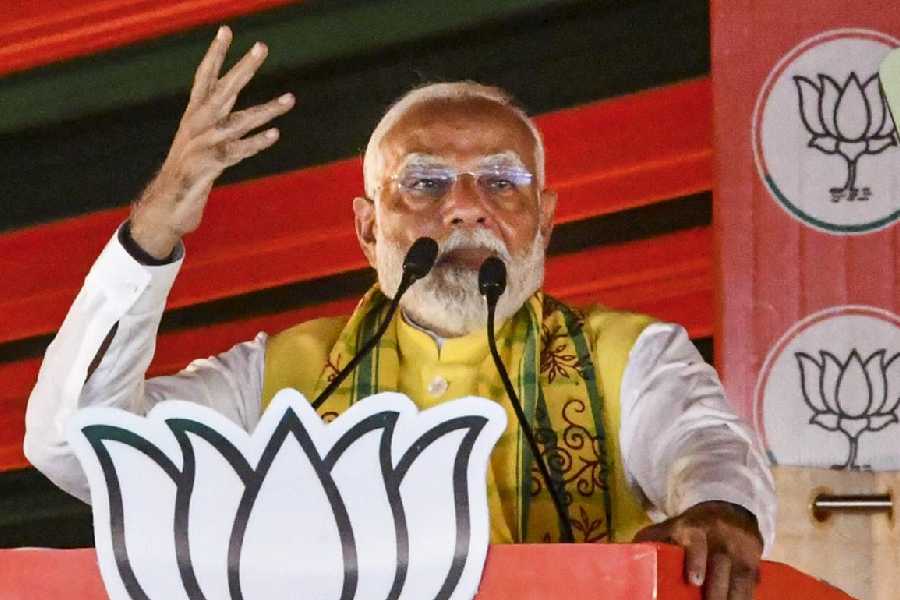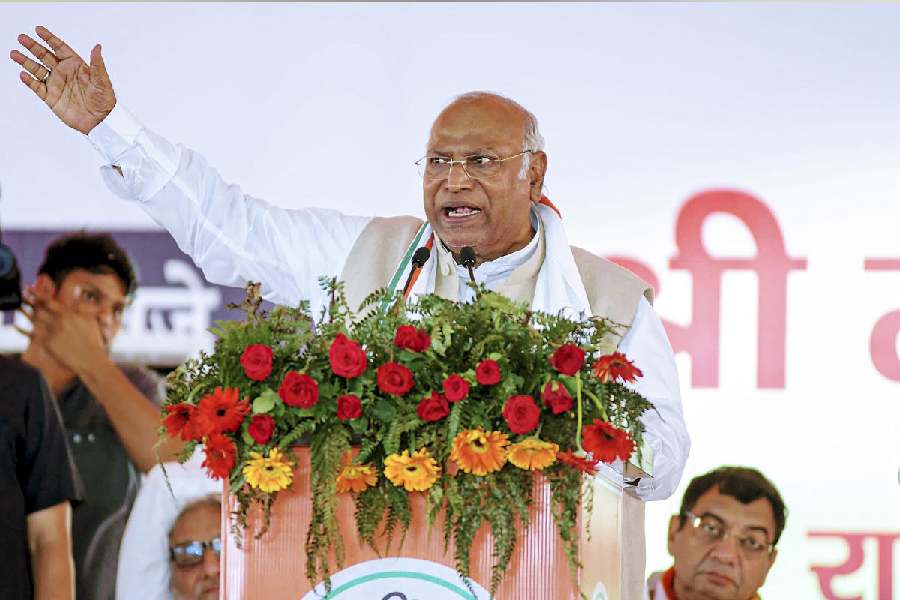The Tea Board of India held a virtual meeting on Friday with representatives of various associations of tea producers to discuss the proposal to review the Tea Act.
The Tea Act, which is one of the key legislations that governs the industry, had been enacted in 1953.
For the past few months, there are indications that the Narendra Modi government intends to amend this act to make it contemporary to suit the current market scenario and make business easier for the tea industry, sources said.
The Centre has already obliterated a number of clauses related to prohibitions over extension of tea plantation area.
“These days, when most acts pertaining to industries have gone through the processes of deregulation and decontrol, the Tea Act which is 68 years old also needs to be updated,” said Prabir Bhattacharjee, the secretary general of the Tea Association of India.
Bhattacharjee added that the act had to be relevant to the times.
Sources in the industry said that the act has provisions which mention the power of the central government to control price and distribution of tea or tea waste.
Such a provision does not match the present market where teas are merchandised through different channels, including a modern online auction system which did not exist when the act came into force, sources pointed out.
Bijoygopal Chakraborty, the president of the Confederation of Indian Small Tea Growers’ Associations (Cista), said they had also sought relaxations in the licensing process.
The small tea sector contributes around 50 per cent of India’s total tea production.
“According to the Tea Act, there are various provisions when one needs to take an NoC (no-objection certificate) or licence from the tea board for certain activities. These are no longer required today. Also, back in 1953, there were no small tea growers in the country. That is why we have said that the amended act should have proper provisions for the protection and development of this sector,” Chakraborty said.










